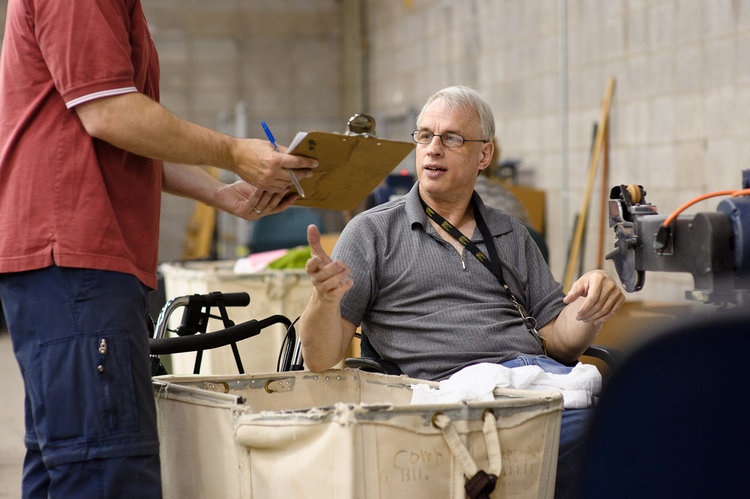As Ontario and Alberta phase in $15 minimum wage, arguments for and against it mount. Those against the minimum wage say that it will kill jobs and hurt the very people that it seeks to help. Employers say that increasing costs will force them to lay people off and spike unemployment amongst those at the lowest rates of pay. Small businesses will feel the pinch, critics say. They suggest that changes are happening too quickly, and need to be phased in slowly so business owners can adapt.
On the other hand, supporters say that when lower income households see increases in income they spend it by purchasing things like better food, healthcare and education, and spending the money locally. An excellent example of this perspective is economist Armine Yalnizyan’s article in Maclean’s where she lays out several convincing arguments for increasing the minimum wage. She suggests that a rise in minimum wage will drive growth through local spending, spur productively through lower recruitment costs, lower turnover and create higher demand for goods and services. Yalnizyan concedes that while teens and some workers will lose their jobs, from a macroeconomic perspective a raise in minimum wage is net benefit to our society.
We cannot definitively say that persons facing marginalization (those living with disabilities, new Canadians, Indigenous people) will avoid being impacted by a higher minimum wage, and there are fears that persons living with disabilities will face layoffs and more difficult labour competition. However, I take exception with the fact that the potential vast benefits for thousands of workers is pitted against our most vulnerable as a zero sum game. This is even more perverse, as Yalnizyan points out, coming from those who “bemoan the increase in minimum wage but are mum about ballooning compensation of employees at the top, from senior management to the CEO.”
I suggest that we avoid zero sum arguments and instead look at how we can support all people to have better incomes and prosperity. Somewhat ironically, one of the groups facing operational pressures from raising minimum wages is the nonprofit sector, the very group that works to support those facing marginalization, including those experiencing poverty. A substantial number of non-profit organizations provide supports to people through government grants and contracts. These contracts dictate the scope and type of work, and are also prescriptive in the costs, including HR costs, that organizations are able to undertake. Minimum wage increases for contracts between the provincial government and the disability sector have been a struggle to secure, and organizations are faced with increasing costs and no way to pay for them. In addition, the rise in minimum wage will cause a scenario where workers in the nonprofit sector, workers who often obtain and use professional skills, will be paid similar wages to those serving fast food and other roles that typically do not require advance education or training. This “compression” between these wages will make it exceptionally difficult for organizations to maintain skilled staff.
And remember, we are just talking minimum wage. Living wage is currently calculated at $16.31 per hour, meaning that our discussion about minimum wage does not begin to touch what is truly needed. Ironically, it is those advocating for living wage for the people they support to be likely struggling to achieve a living wage themselves. Those working to enhance social supports in our communities are having to take on additional jobs or “side gigs” just to make enough to survive.
It is imperative that our social service supports are adequately resourced and government recognizes that an increase in minimum wage requires an equal response for those who work the front lines. We must ensure that those who maintain our social supports, like those working to address poverty, are not facing poverty themselves.
Brooks is the Executive Director of Gateway Association an organization that seeks to transform community through the lens of disability. He has spent over 10 years working in the non-profit sector, with the last 8 focused specifically on disability related issues. Brooks’ current interest is in understanding and addressing systemic barriers to community connections for persons with disabilities, with particular focus on community economic development.
The views and opinions expressed in this article are those of the authors and do not necessarily reflect the official policy or position of EndPovertyEdmonton.

